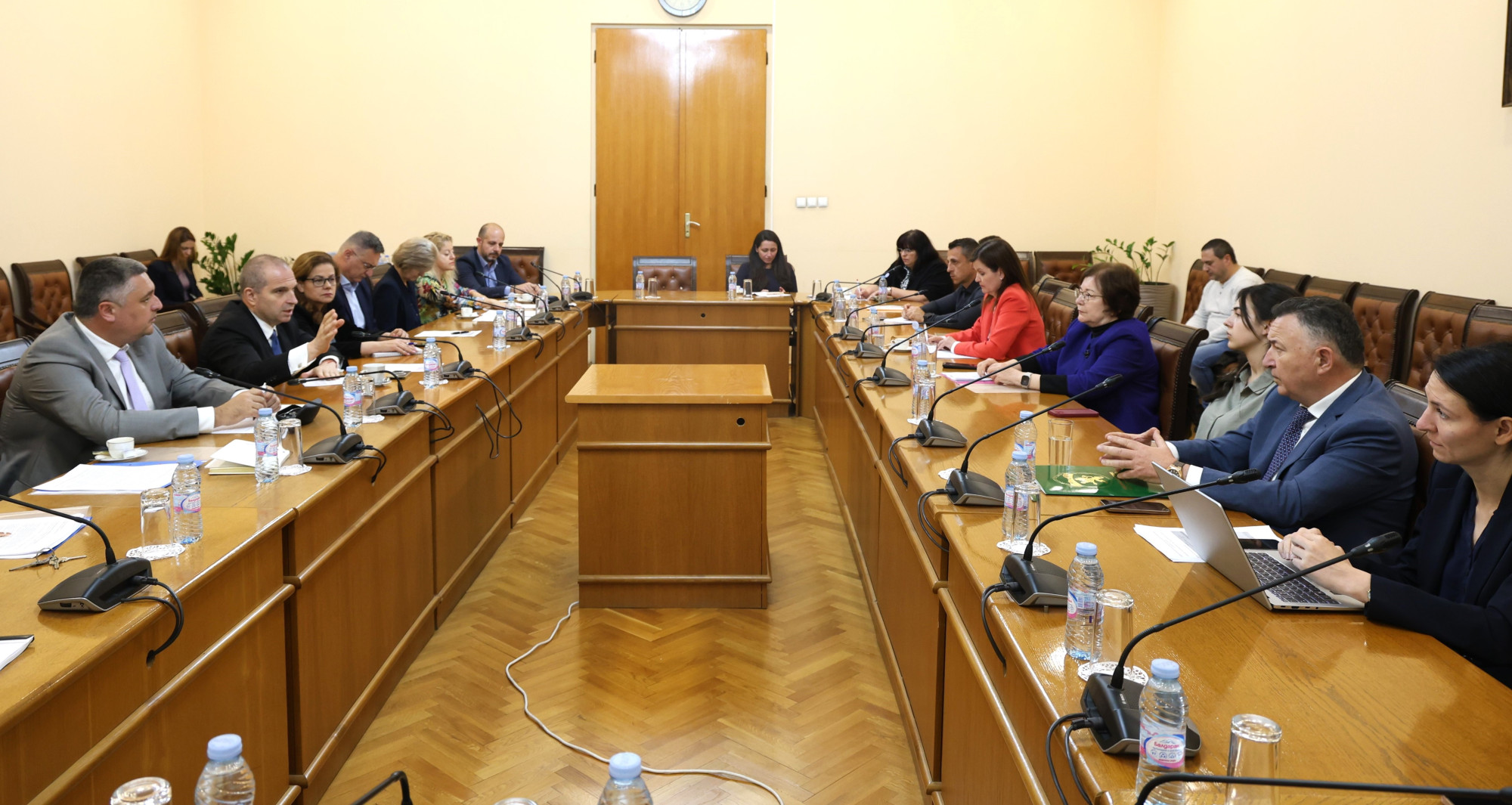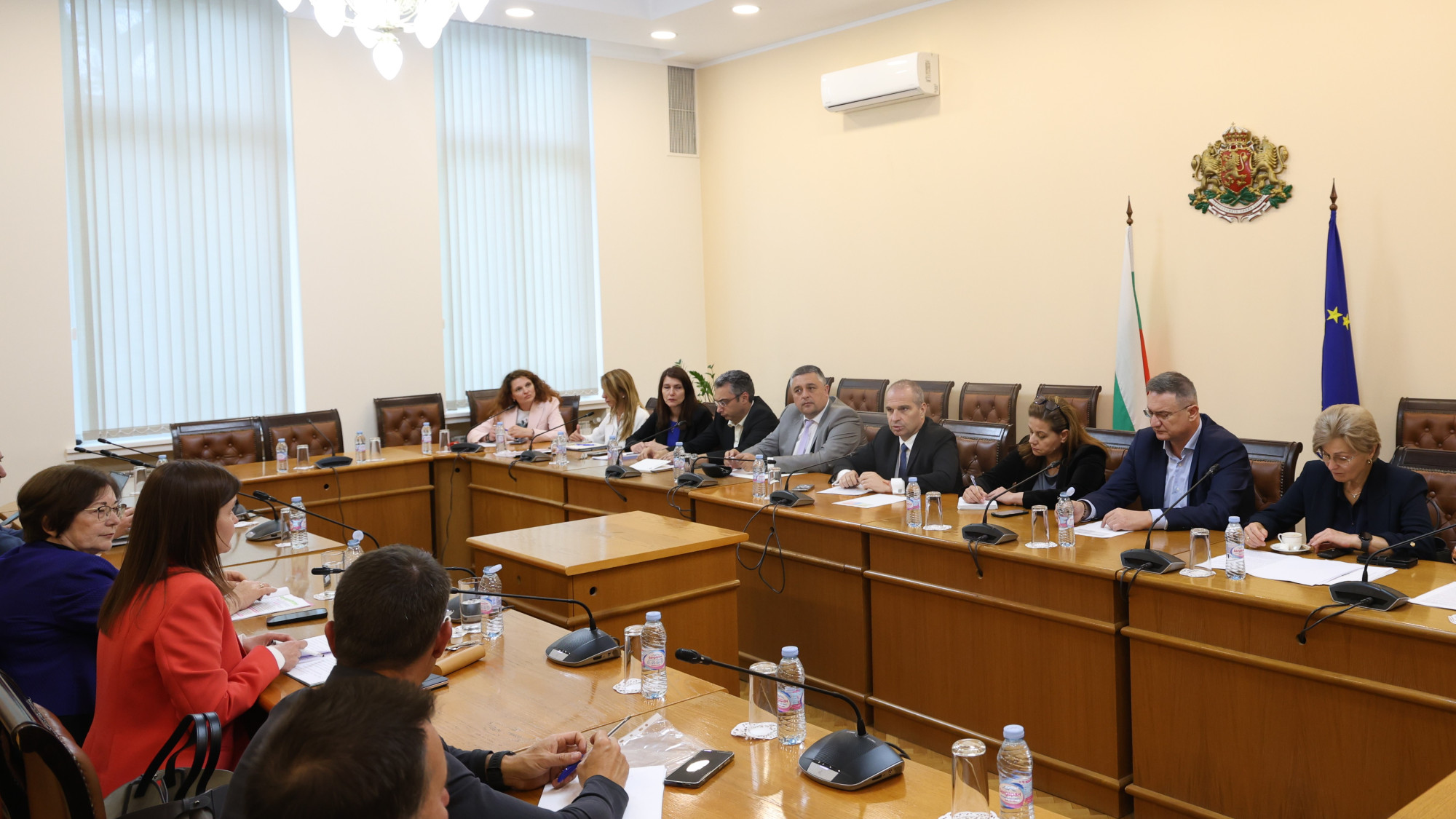Municipalitiesplay a key role in the implementation and monitoring of the road safety measures adopted by the government this Thursday. This was stated by Deputy Prime Minister and Minister of Transport and Communications, Grozdan Karadjov, during a meeting with the National Association of Municipalities in the Republic of Bulgaria.
“It will now be possible for footage from municipal cameras and other technical means to be used as evidence in issuing administrative penalties, as this is a vast informational resource that is currently underutilised,” Deputy Prime Minister Karadjov pointed out. He emphasised that the powers of local administrations will be expanded, enabling them to impose penalties on identified offenders, with part of the revenue collected to be reinvested in addressing local safety issues.
Grozdan Karadjov stressed that central and local authorities must work in sync to ensure the highest possible effectiveness of the measures, which is why the first meeting after the adoption of the action package of activities is being held with the National Association of Municipalities in the Republic of Bulgaria. "One of the points that we need to implement is that the national roads within populated areas should be managed by a single administration. It is absurd for one element of the road to fall under the jurisdiction of one department and another element under a different department," the Deputy Prime Minister commented. Other measures outlined in the programme include financial provision for the activities of municipalities in implementing road safety policies at the municipal level, as well as more effective utilisation of funds from the Road Safety Fund. One initiative foresees the creation of a standard for a delegated state activity titled “Municipal Road Safety Activities,” while another aims to accelerate the use of fine revenues to address real road safety challenges.
"Another area where the state and municipalities need to engage in active dialogue is on the issue of public-private partnerships under the Concessions Act," Deputy Prime Minister Karadjov stated. "At the Ministry of Transport and Communications, we have numerous examples of successful concessions involving airports and ports. Financial assessments show that revenues from these facilities after their concessioning have significantly exceeded the dividends previously received by the state," explained Karadjov. He further noted that at the government level, a programme of facilities with the potential for public-private partnership under the Concessions Act is currently being developed, and the state will engage top-tier advisers, including the World Bank, the European Bank for Reconstruction and Development, the European Investment Bank, and others.
The National Association of Municipalities in the Republic of Bulgaria expressed full support for the government’s strategic vision to attract private investment in social and transport infrastructure projects. "It is crucial that in planning such initiatives, we find a balance between public and private interest, and establish effective oversight mechanisms," the association's leadership stated. They also noted that the topic would be thoroughly discussed by the Governing Council and the members of the association, and an official position would be submitted.




